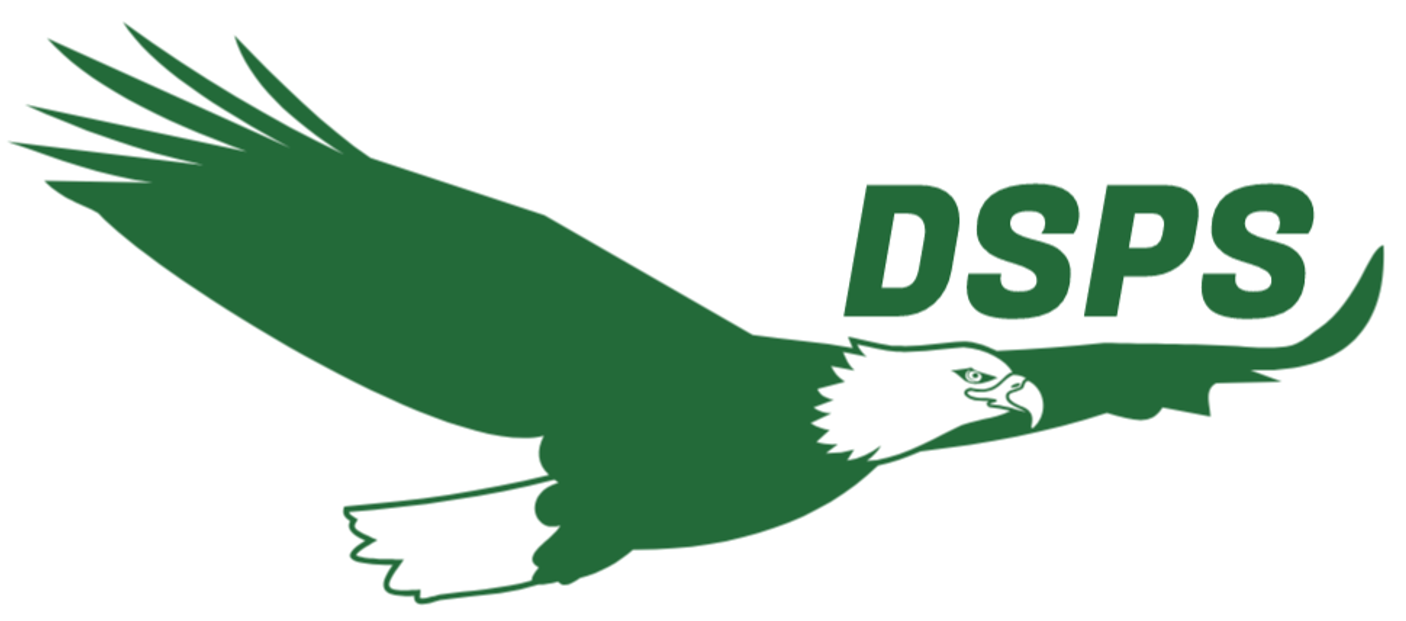Service Animals
1. Are service dogs allowed on campus and in classrooms?
Service dogs are allowed on campus and in classrooms. When it is not obvious what service the dog provides, college officials may only ask: Is the service dog required because of a disability? What work or task has the dog been trained to perform?
2. May staff, faculty, or students ask about the nature of a student’s disability or why the person has a service dog?
It is illegal to ask a person to disclose what their disability is or the reason they have a service dog.
3. Are animals other than dogs recognized as service animals?
Under the law, only dogs (or in some instances, miniature horses) are recognized as service animals.
4. What are common tasks that a service dog performs?
The work or tasks performed by a service dog must be directly related to the disability. Examples include:
- Guiding a person who is blind
- Alerting a person who is deaf
- Reminding a person to take prescribed medication
- Alerting of a seizure
- Pulling/guiding a wheelchair
- Opening doors
- Picking up or retrieving items
The work or task must be active, not passive. The crime deterrent effect of an animal’s presence and the provision of emotional support, well-being, comfort, or companionship do not constitute work or tasks. Such animals are deemed ‘Therapy Dogs’ and require an Authorized Accommodation Letter from DSPS. Please refer the student to DSPS for further guidance.
5. What if others in class have allergies or are afraid of dogs?
These are not valid reasons for denying access or refusing service to people using service animals. It may be possible to accommodate by requesting that affected students use different locations within the classroom or consider taking a different section of the course.
6. Can I ask for the service dog to be removed from the classroom?
A person with a disability cannot be asked to remove a service dog from the premises unless:
- The dog is behaving in a disruptive manner by barking, growling, whimpering, running around, or soliciting social attention through behavior uncharacteristic of a service animal.
- The dog is not housebroken or clean.
- The presence of the dog poses a direct threat to the health or safety of other persons that cannot be eliminated by a modification of policies, practices or procedures, or by the provision of auxiliary aids or services.
If one of these concerns arises, a college official may request that the service dog (not the student) be removed from class. Please contact or refer the student to DSPS for further guidance.
7. What are the student’s responsibilities regarding the service animal?
The student is responsible for ensuring that the dog is currently licensed, kept clean and pest free, and kept in a harness or on a leash (unless the student is unable to do so because of the disability or if the use of a harness or leash interferes with the service animal’s performance of its designated work or tasks).
For more information on service animals, please see AP 3440 or https://www.ada.gov/service_animals_2010.htm
